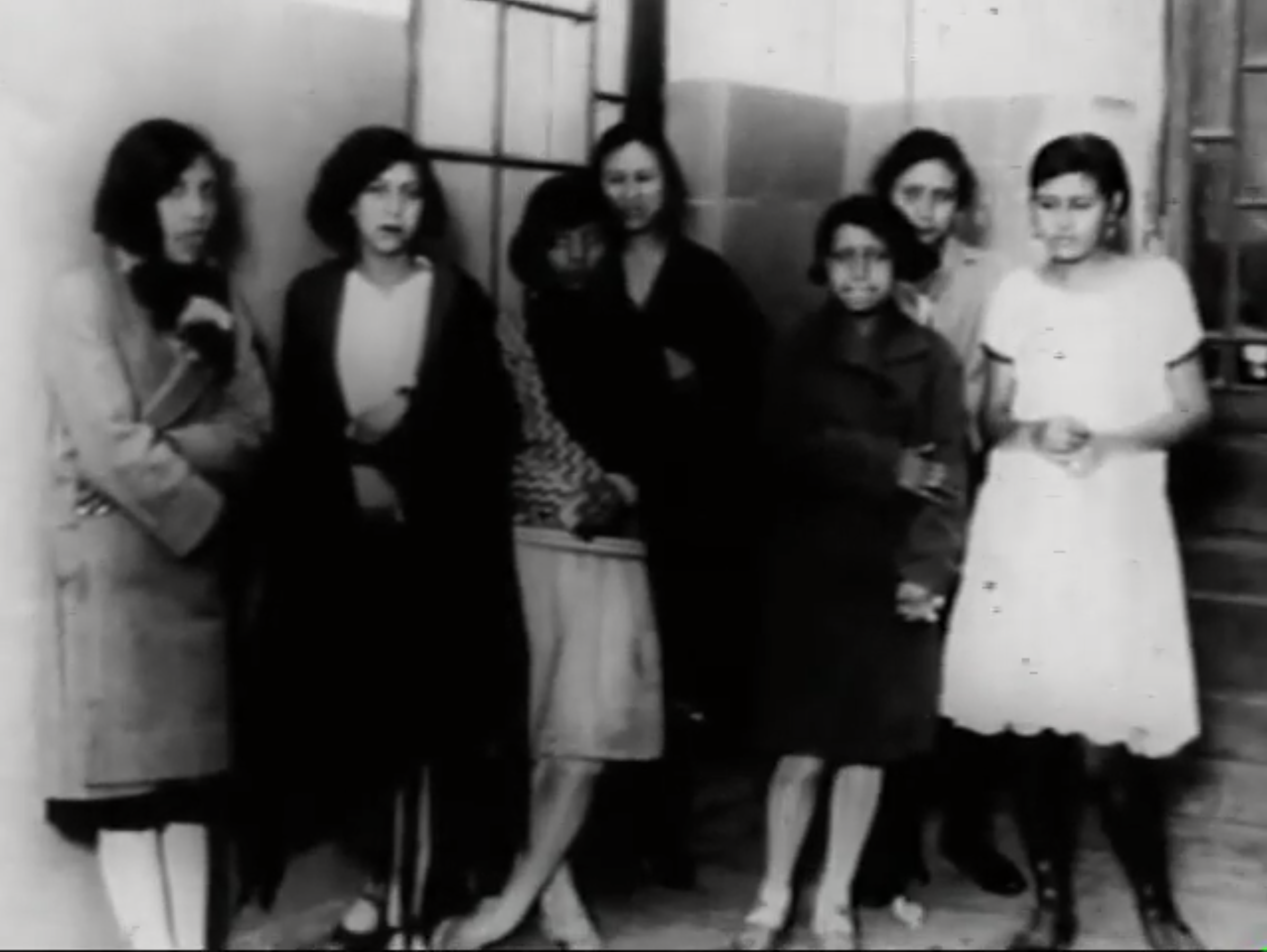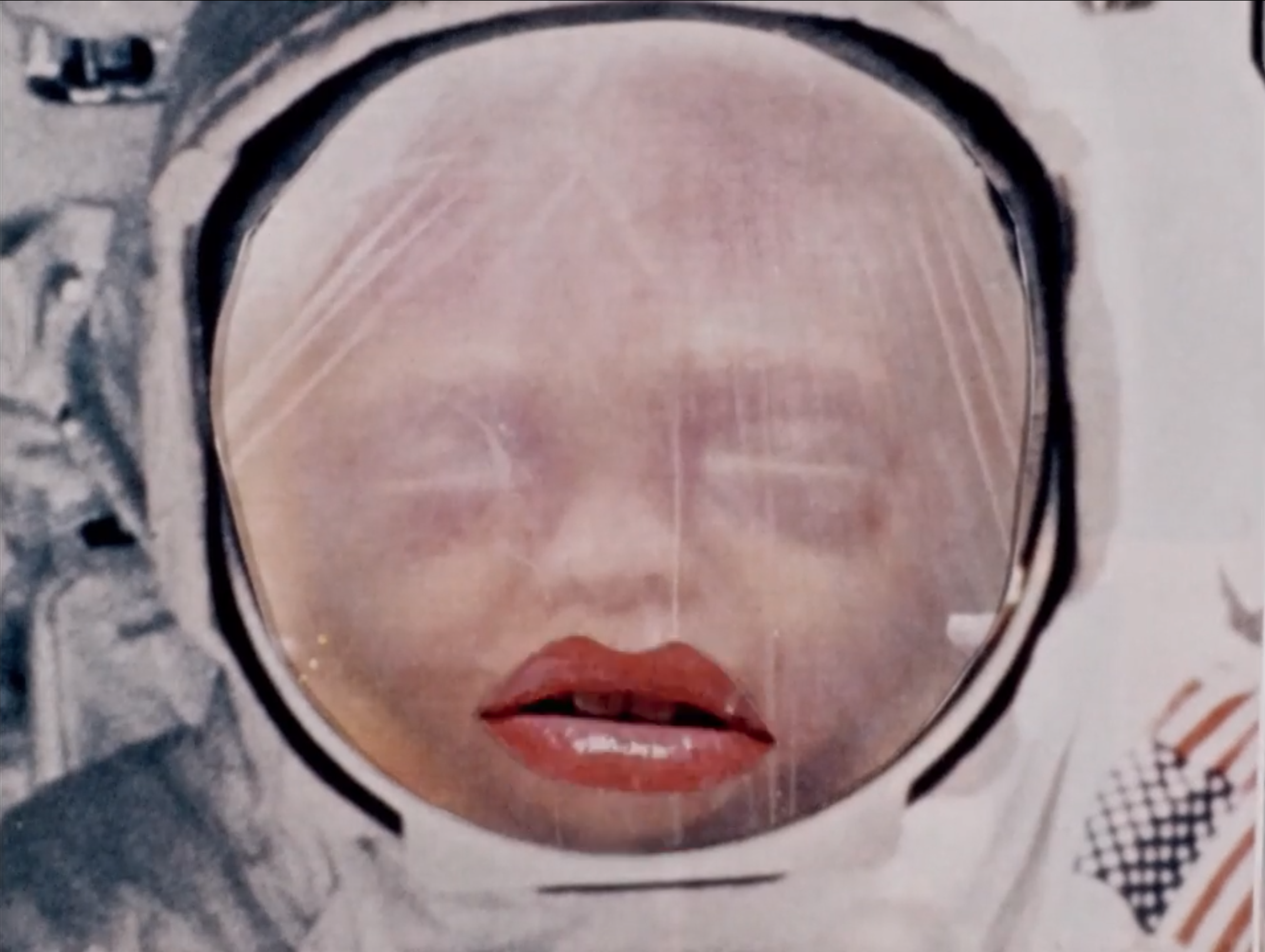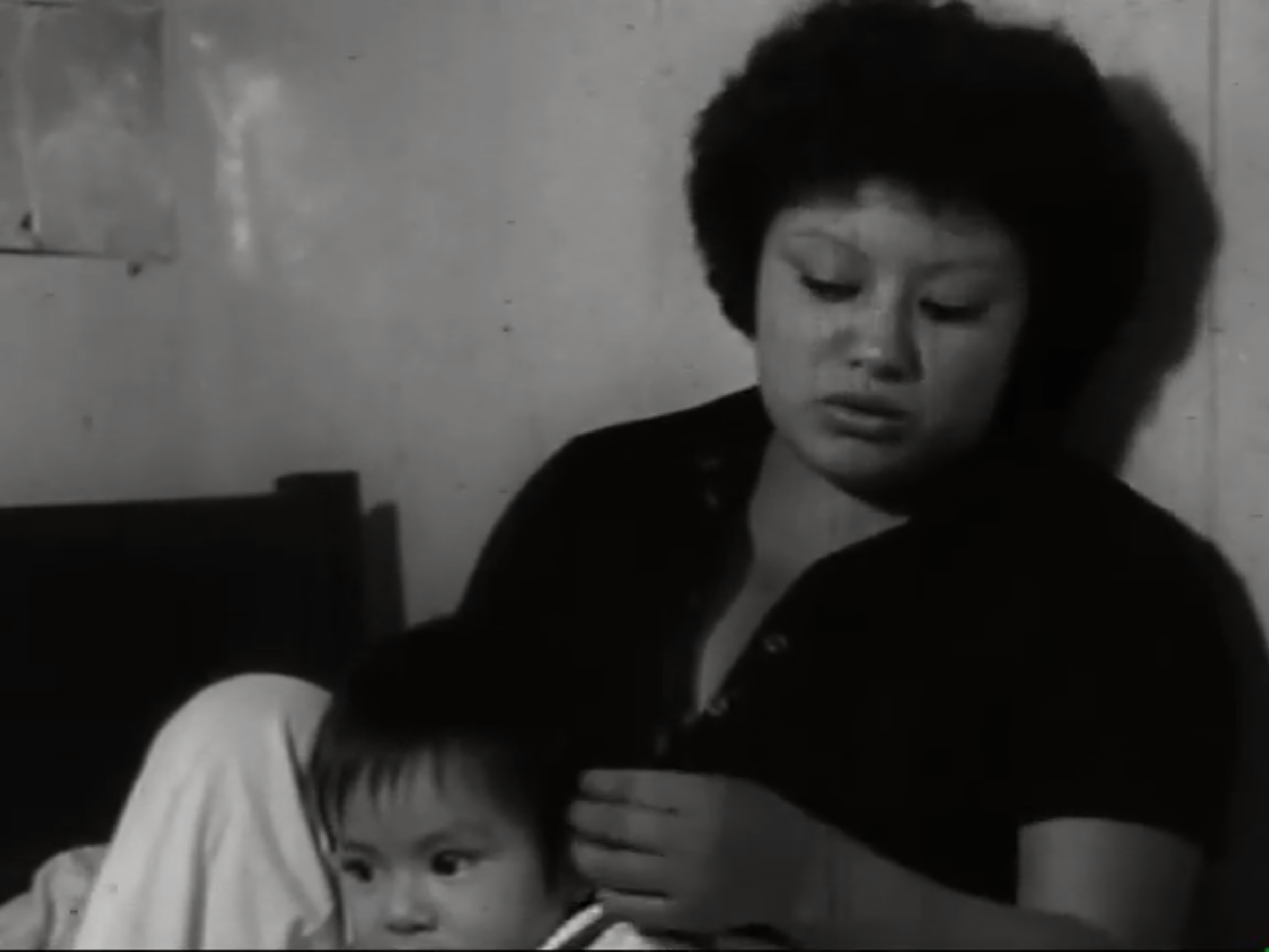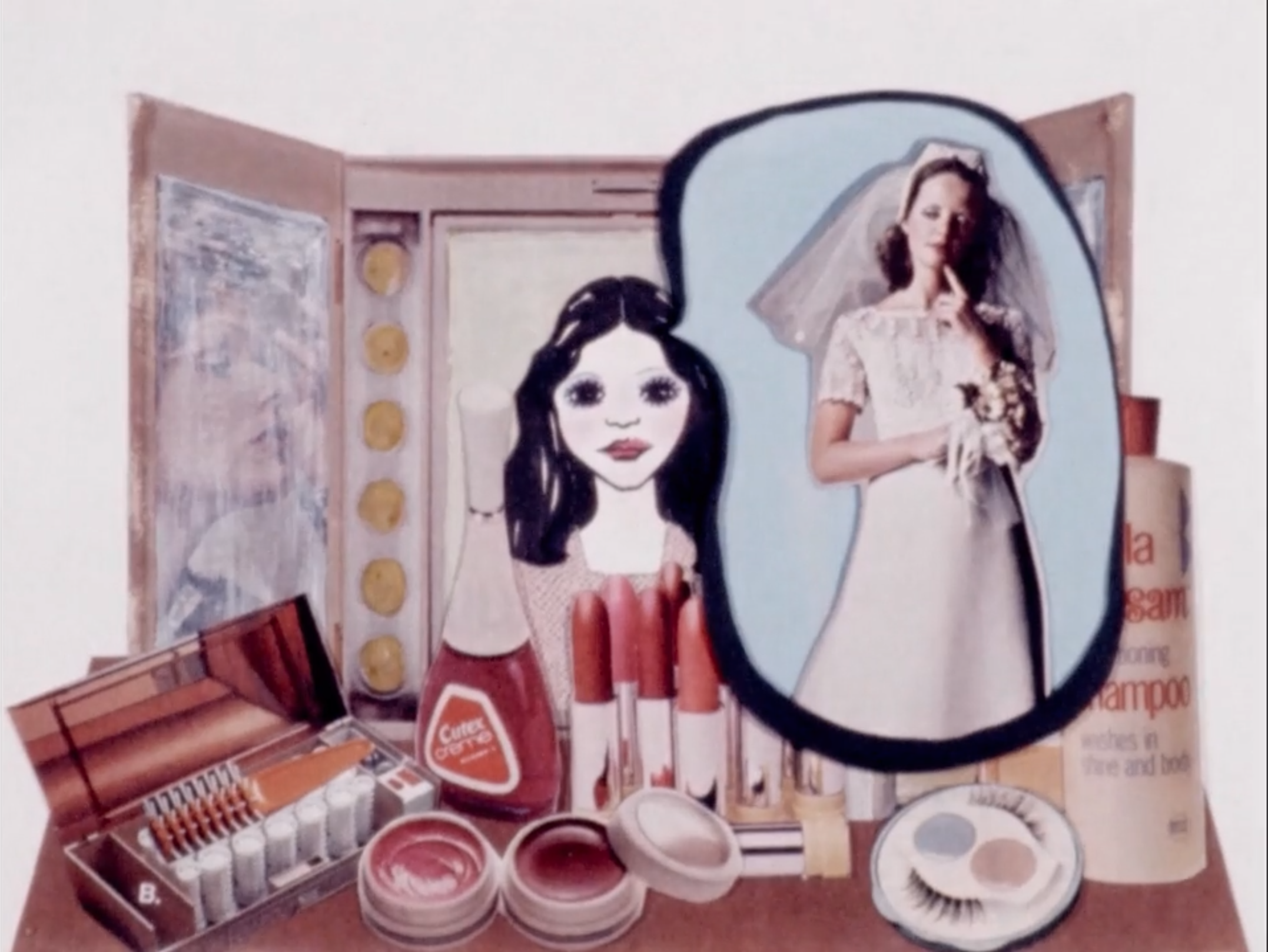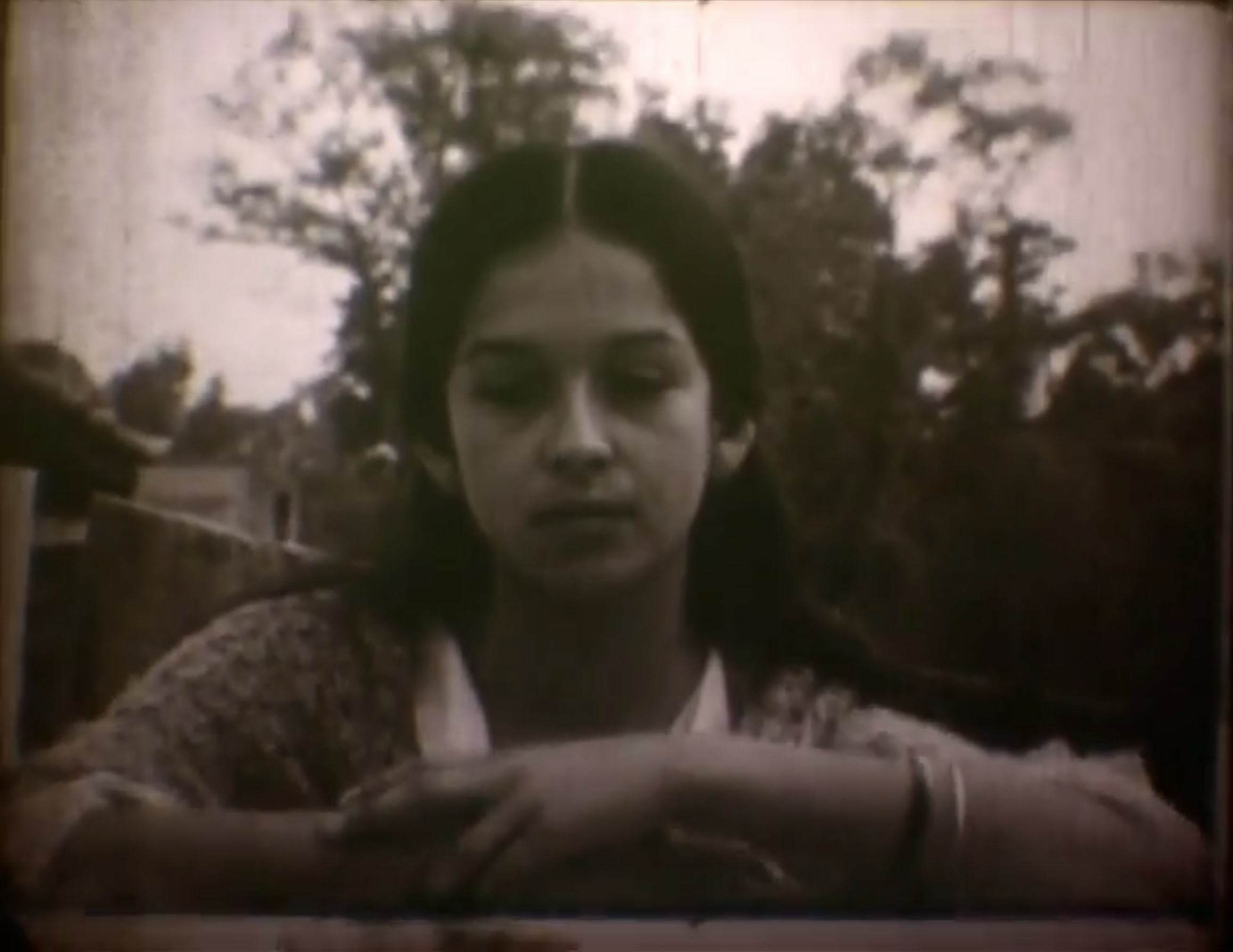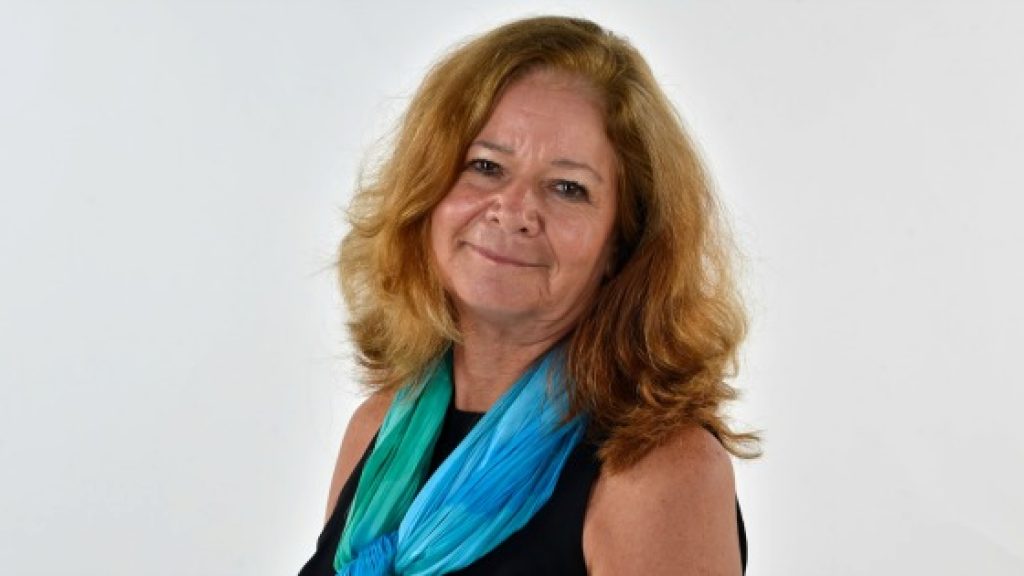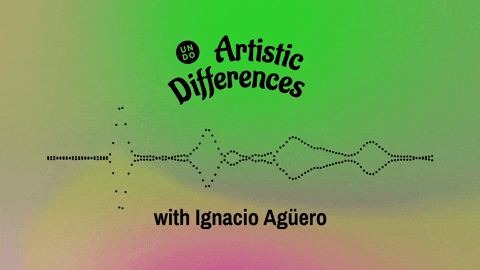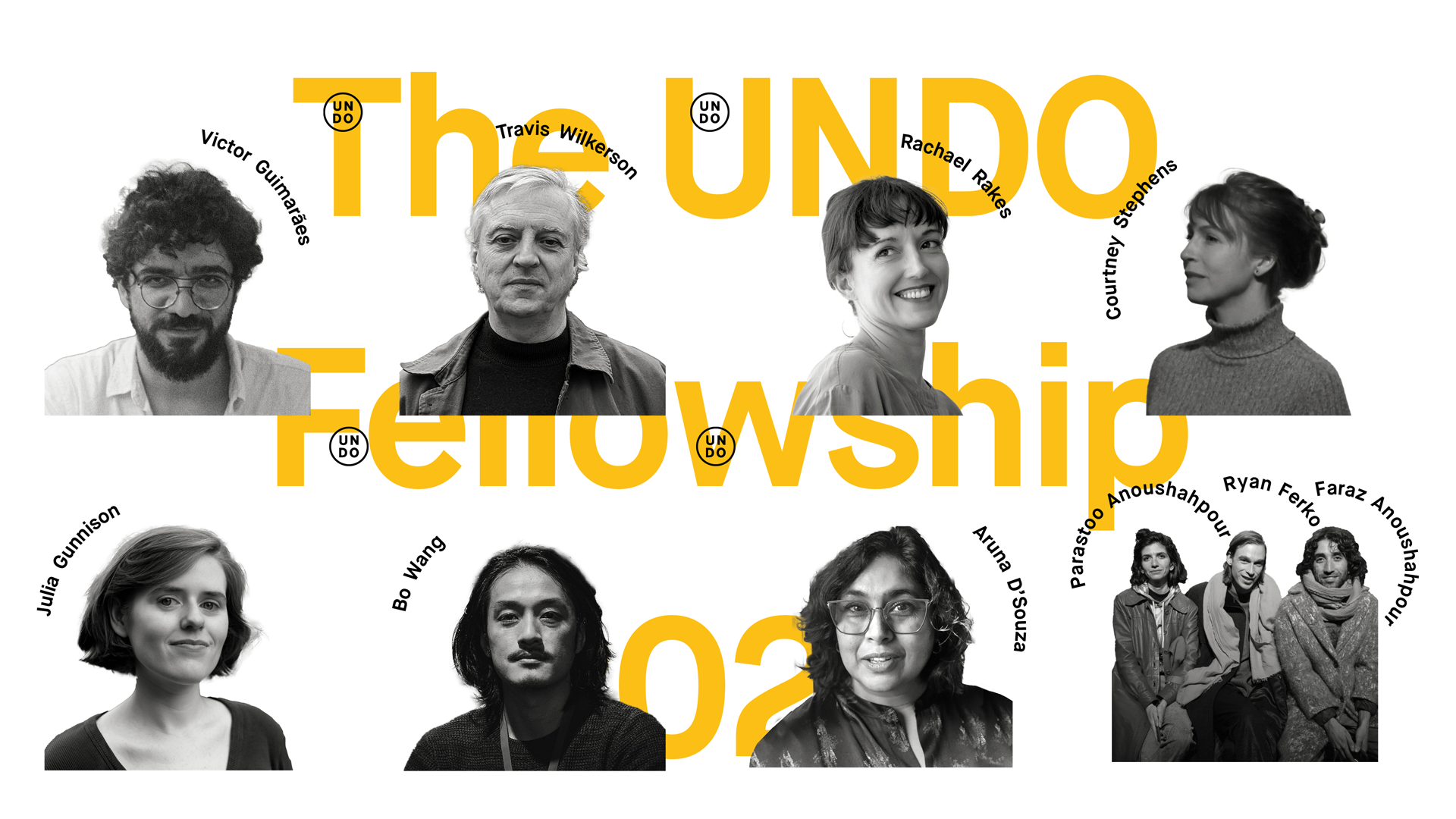Oct 1, 2022 at 12:00 pm
Making a Face and a Fist
This program is part of Artistic Differences, a UnionDocs Break 🌀ut co-presented with DocLisboa & FICValdivia
ARTISTIC DIFFERENCES is back with two wonderful festival partners for October! We’re so happy to join hands with DocLisboa and FICValdivia to present MAKING A FACE AND A FIST, an UNDO Break 🌀ut of interlocking events, co-curated with Cintia Gil. We’re thrilled to present a film program, a public dialogue and a study group that will travel to Valdivia and also be part of the much loved Nebulae Filmmaking Seminar at DocLisboa. A big shout out to the brilliant folks at FICValdivia who restored the rare and remarkable slate of films in our line-up!
The singular films in this program are from the Colectivo Cine Mujer or Women’s Cinema Collective from 1975, a group of women whose work was influenced by the events of May 68 in Paris. In light of the revolutionary movement of that year, a student in France, Rosa Martha Fernández, initiated her contacts with feminist activists and upon her return to Mexico, began work as an essayist and soon as a filmmaker. She was a key figure in the first stage of the collective, which would later be joined by Beatriz Mira, Guadalupe Sánchez, Maricarmen de Lara and Sonia Fritz. All of them will visit Valdivia in this tribute to Fernández’s work, which has unfortunately been invisible for decades.
Colectivo Cine Mujer is one of the most vibrant and acute examples of feminist political cinema in Latin America, shaping forms and gestures until today. Together with FICValdivia, Uniondocs presents 4 films and some of the outstanding traits of this filmmaking project. Abortion, gender roles, prostitution and the criminalization of the body, were addressed by these filmmakers through a filmic gesture of struggle and care, showing and naming political bodies who point out the failure of a deeply patriarchal society.
Despite their historical importance and the contingency of the themes they addressed, these works were dismissed by film critics (mainly male) and were left out of the history of Latin American cinema. Recently, a series of texts have sought to restore their importance. With this program, we hope that the works related to the collective and the subsequent filmographies of Rosa Martha Fernández, Beatriz Mira, Maricarmen de Lara, Guadalupe Sánchez, Sonia Fritz and their companions find the recognition they deserve.
If the film program piques your interest and you are excited to dig deeper, register for the Study Group Session below!
Cosas de mujeres by Rosa Martha Fernández
45 minutos | Spanish | 1975-1978 |
The film denounces the problem of clandestine abortion in Mexico. A young sociology student has an unwanted pregnancy and is subjected to terrible humiliation by a scarecrow doctor. The girl gets sick from the botched abortion, and her friend takes her to the General Hospital. Cosas de Mujeres compiles interviews with women who have had abortions at the hospital and shocking statistics about women who have died from unsafe abortions.
Y si eres mujer… by Guadalupe Sánchez
7 minutos | Spanish | 1977
The film describes in a simple way the division made between girls and boys through education by assigning them different forms of behavior because of the difference between genders.
Vicios en la cocina by Beatriz Mira
25 minutos | Spanish | 1978
The film is about women’s domestic work. It shows the tedium and frustration of a woman dedicated exclusively to housework.
No es por gusto by Maricarmen de Lara & María Eugenia Tamés
52 minutos | Spanish | 1981
A film that brings together a series of interviews with several women who practice prostitution on public roads and through which they expose their daily experiences and the way in which they are repressed by the police. It includes statements by officials of the prison known as “La vaquita” where they are imprisoned for exercising their profession.
We’re thrilled to come together for a Study Group Session structured around these incredible films! Like a kind of grassroots book club, but for documentary art, it’s all about sparking discussion and deeper investigation, through reading, listening and responding in small, self-organized groups that together form a larger collective experience.
You will get access to the film program through our Member’s Site a few days in advance. Sign up now and stay tuned in your inbox for further instructions!
If you’re interested in hearing from the filmmakers & artists themselves as well as key cultural figures writing and thinking around their ideas, be sure to catch our regular public dialogues for each film program. These gatherings will take place with our festival partners and if you happen to be in Valdivia or Lisboa, we encourage you to attend IRL! The public dialogue in at FICValdivia will take place on October 14th at __. We will also release a version of the conversation online for folks shortly afterwards!
Documentary filmmaker Sonia Fritz is a professor of literature and cinema studies at the University of El Sagrado Corazón in Santurce, Puerto Rico. She directed About Bands, Lives and Other Tunes, which won her the Ariel Award for best documentary and co-directed Chapters 1 and 2 of the PBS series Latino Americans, which won a Peabody Award and Imagen Award in 2014. She has directed over 25 documentaries on migration, gender, and art and culture. On Nov. 27, the Center for the Study of American Democracy and the Latinx Studies Concentration sponsored a screening of her film Community Projects and Migration in the Production of ‘After Maria: The Two Shores’ in honor of Puerto Rican Heritage Month.
Maria Del Carmen De Lara (b. 1957, Mexico City) is a director and writer, known for En el país de no pasa nada (2000), No les pedimos un viaje a la luna (1986) and Nosotras también (1994). She attended a film course in Mexico and worked at the film Institute in Moscow. She also makes short productions and assists in writing, filming, editing and producing films for other people. Her films have been screened at festivals all over the world.
Guadalupe Sánchez is an artist who graduated from San Carlos, National School of Plastic Arts (ENAP/UNAM). She took specialization courses in scriptwriting, animation and art direction. She has done work in film, direction and production design, animation, graphic design, illustration and comics. She has participated in the art direction and costumes in films such as El Cometa and Perfume de violets, among others. She has also participated as an animation director in documentaries such as Las Sufragistas, La Sirena y el Buzo, and in fiction films with Chalán. She won the Ariel 2001 and Crystal Screen 2006 as art director. She won, with Las Brujas del Radio, the 1st place in script in the Divercine International Animated Feature Film Contest for Children. She published Guide to the Animated, edited by IMCINE, CONACULTA and SECTUR. Her work is almost always linked to children, women and education in values and rights.
Beatriz Mira is a filmmaker known for Vicios en la cocina (1978), Grupos de ayuda mutua de adultos mayores (2008) and Es primera vez (1982).
Karina Solórzano is an independent film critic writing for various outlets in Mexico and Latin America. Together with other partners, she edits the website La Rabia a space for film criticism and feminism. She is also a member of the programming team of the festival FICUNAM.
Presented With

DocLisboa International Film Festival

Valdivia International Film Festival


